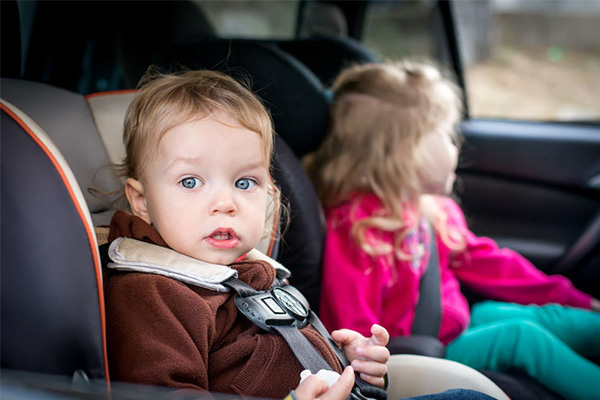Paramedics respond to shocking number of children locked in hot vehicles

Between January 1 and January 17, NSW Ambulance rescued 19 children from hot vehicles.
That’s four times the number of cases compared with the same period last year, prompting authorities and health officials to remind people not to leave kids in hot vehicles.
NSW Ambulance Inspector Brian Parsell says in the vast majority of cases, the children were trapped accidentally, when parents leave the keys inside or let the kids play with the keys while they load and unload the car, and the child inadvertently lock the car. But there were some parents who deliberately left their kids in the vehicle.
Temperatures in cars can reach 50 degrees in just a few minutes, and 78 degrees in an hour, at the height of the Australian summer season. Children aren’t able to thermoregulate their body temperatures the way adults are able to, making them extremely vulnerable to heat related issues, such as heat stroke.
In fact, this week, paramedics were called to Morisset to attend to twin babies suffering from heat exhaustion, after travelling along the M1 with their parents, in a car without airconditioning.
“In the Australian climate…with the temperatures we’re seeing, you need to make sure that if you’ve got little ones in the car, you’ve got the air conditioning on and that they’re not over heating.”















